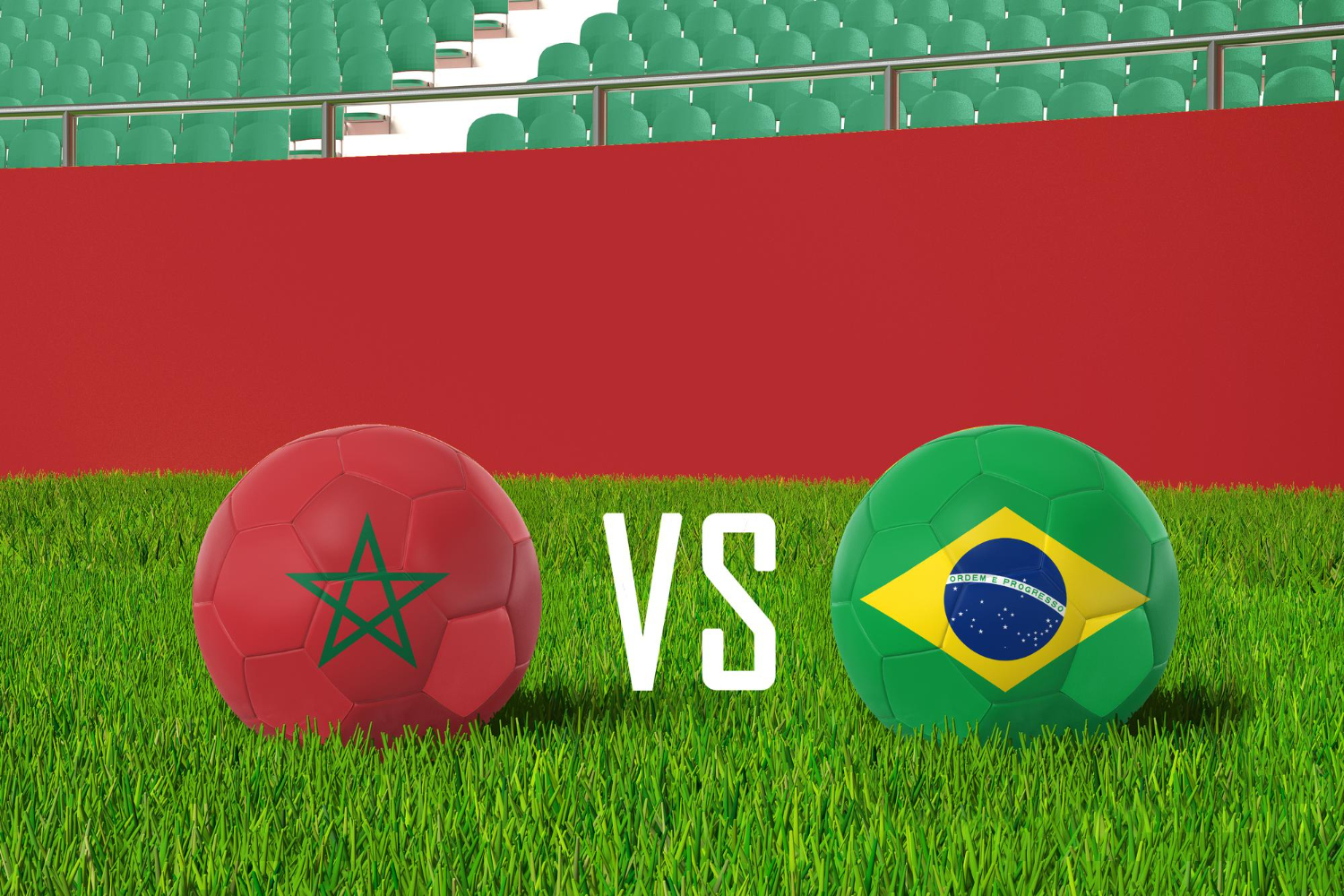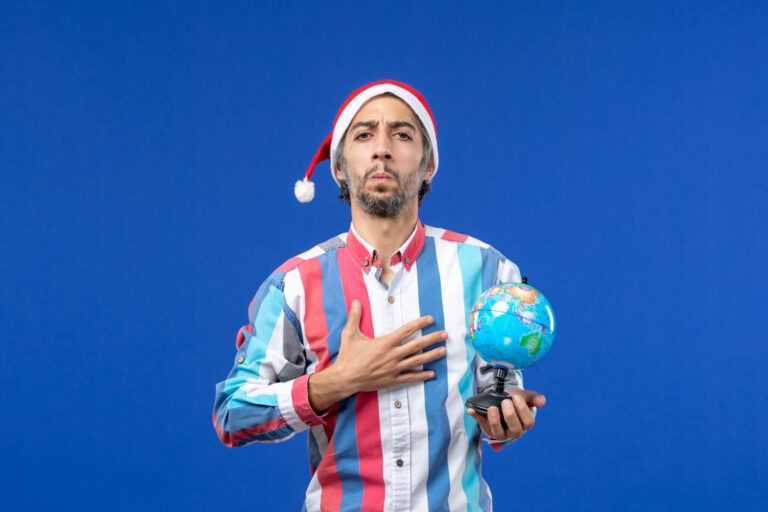The Global Impact of the World Cup
Few sporting events can compare to the scale, passion, and influence of the FIFA World Cup. Held every four years, it brings together nations across continents in a spectacle of athleticism, identity, and culture. Beyond the goals and glory, the tournament has had a profound influence on global society , politically, economically, culturally, and even technologically. The World Cup is more than just a game; it’s a mirror of our world.
A Cultural Melting Pot
When the World Cup begins, the world stops and watches. It’s the only time where people in Seoul, Lagos, São Paulo, and Madrid might all be screaming at their screens simultaneously. No matter the timezone, the tournament becomes a global ritual. National colors take over cities, chants echo in local bars, and conversations shift from politics and business to tactics and top scorers.
The cultural exchange fostered by the World Cup is powerful. Nations bring more than players; they bring songs, dances, fashion, and languages to the global stage. From the vuvuzelas of South Africa 2010 to the samba-inspired festivities of Brazil 2014, each host infuses the tournament with a distinct local flavor. This cross-pollination of cultures allows billions to share and celebrate diversity in a way few other platforms can offer.
A Political Stage in Disguise
The World Cup has often served as a political tool, sometimes subtly, sometimes overtly. Countries see hosting or performing well in the tournament as a way to showcase national power and unity. From Mussolini’s Italy in 1934 to Qatar’s infrastructural flex in 2022, nations have used the event to present a curated image of themselves to the world.
In some cases, teams have become symbols of resistance or unity. Think of Cameroon’s historic 1990 run, Senegal’s upset in 2002, or Croatia’s 2018 final appearance. These moments transcended sport, offering pride and global visibility to nations that often lie on football’s periphery. Players become ambassadors, their boots carrying more than personal ambition , they carry the hopes of their people.
Economic Earthquake
For both host countries and participants, the World Cup is a colossal economic event. Hosting it means building or revamping stadiums, upgrading transport, and investing in infrastructure. While this can result in long-term benefits, it also comes with controversy. South Africa’s 2010 stadiums, for example, became symbols of misallocated funds once the tournament ended and maintenance costs soared.
However, the economic benefits are not just local. Merchandising, advertising, hospitality, tourism, and broadcasting rights generate billions globally. Multinational companies align their brand campaigns with football fervor, knowing well the emotional pull of the tournament. In bars and cafés worldwide, business booms during matches. Entire economies feel the ripple.
Unifying Power in a Divided World
In a world often fragmented by language, religion, politics, and borders, football , and especially the World Cup , becomes a rare unifying force. For one month, enemies cheer side by side, and divisions blur. At its best, the tournament helps humanize “the other.” You start seeing Iranians not through headlines but through heroic saves or passionate goal celebrations. You watch a team like Morocco make history and suddenly understand the pride of a continent.
The World Cup also reveals shared struggles and joys. From heartbreak in penalty shootouts to underdog triumphs, the emotions are universal. When fans cry or erupt in joy, they speak a language we all understand. That emotional thread weaves its way around the globe, binding us together, however briefly.
Global Stars, Global Identities
The World Cup has been instrumental in shaping the identities of players and fans alike. It was in this tournament that Pelé became a godlike figure, where Maradona’s Hand of God entered folklore, and where Mbappé went from prospect to icon. For many fans in developing football nations, the World Cup offers the first contact with global stars. Jerseys of Ronaldo, Messi, or Neymar are worn in towns that may never see a professional football pitch.
But it’s not just about stardom. These players influence more than football. They become fashion icons, political voices, and philanthropic leaders. Their performances can inspire youth movements, like the golden generations that blossomed in Ivory Coast, Egypt, and the U.S. following memorable World Cup campaigns.
Technology and Innovation Showcased
With every tournament comes technological evolution. From the introduction of goal-line technology in Brazil 2014 to the adoption of VAR in Russia 2018, the World Cup often serves as a testbed for the latest innovations in sports. Broadcast technology has evolved alongside, giving fans better angles, stats overlays, and immersive viewing experiences.
Off the pitch, stadium designs have pushed the boundaries of engineering and sustainability. Qatar’s modular stadiums set new standards for reusability, and eco-friendly transport systems have become a focus for future hosts.
Moreover, digital engagement has skyrocketed. Social media campaigns, fantasy football leagues, and interactive fan zones bring millions into a deeper, real-time experience of the tournament. Kids no longer just watch; they participate.
Women’s Football and Representation
Though this article focuses on the men’s tournament, the World Cup has also been pivotal in elevating women’s football. The Women’s World Cup has seen record-breaking attendance and viewership in recent editions. Countries like the U.S., England, and Australia have become leaders in creating visibility for women athletes. Sponsorships and grassroots campaigns have grown, in part because of the global momentum fueled by the men’s tournament.
Moreover, countries once reluctant to fund women’s teams are changing policies due to public demand and international scrutiny. In many ways, the success of the World Cup , in either gender , ripples out to uplift all versions of the game.
Football Diplomacy
Football diplomacy isn’t just a buzzword , it’s a real, strategic tool. North and South Korea once marched together at the Olympics, and Iran’s matches are sometimes the only times global broadcasters show footage from the country. The World Cup provides opportunities for dialogue and soft diplomacy.
Even within national borders, the tournament can foster reconciliation. Think of Didier Drogba’s plea that helped bring temporary peace to Ivory Coast during a brutal civil war. Players often have more unifying power than politicians, and the World Cup amplifies their voices.
Shifting Power Centers
The traditional powerhouses , Brazil, Germany, Italy , have historically dominated the tournament. But the World Cup has also been a stage where new powers rise. The emergence of African and Asian nations, as well as North America’s growing football ecosystem, has changed the dynamic. Qatar’s 2022 tournament saw Arab fans unite in support of Morocco’s historic run, proving that football allegiances can transcend borders.
This global spread of talent and support shows that football is no longer the monopoly of a few nations. It’s a truly global game now, with the World Cup acting as the heartbeat of its evolution.
Legacy and Generational Memory
Ask anyone what they remember most about the year 2006 or 1998, and they’ll likely mention a World Cup moment. Zidane’s headbutt. Iniesta’s extra-time goal. Germany’s 7-1 demolition of Brazil. These events form emotional landmarks in people’s lives. They tie generations together. Fathers tell sons about Roberto Baggio’s miss, and daughters cheer for stars their mothers once adored.
These shared memories become part of a national identity. In countries like England, Argentina, or Nigeria, World Cup tales are part of the social fabric. Win or lose, they shape how nations see themselves.
Globalization of Football Brands
The World Cup has played a critical role in turning clubs and leagues into global brands. After a player shines in the tournament, his club sees spikes in jersey sales, social media followings, and broadcast rights value. It’s how clubs like Real Madrid, Liverpool, and Bayern Munich build global fanbases. One good World Cup and a relatively unknown player can find himself the face of a boot campaign or signing autographs in Tokyo.
Sponsorships also feed into this globalization. Brands like Nike, Adidas, and Puma pour millions into aligning themselves with teams, players, and even referees , all for a few seconds of exposure watched by billions.
The Dark Side: Corruption, Exploitation, and Commercialism
While the World Cup has brought unity and joy, it also has shadows. Corruption scandals have plagued FIFA. Worker exploitation, especially during Qatar’s preparations, sparked global outrage. The commercialization of the game sometimes overshadows its spirit, with fans priced out of stadiums and local communities displaced for development projects.
The challenge remains: how do we balance profit and passion? Legacy and livelihood? While reforms have been promised, the World Cup must confront its darker realities to remain a beacon of global sport.
A World Without It?
Imagine a world without the World Cup. No month of collective emotion, no global chants, no viral celebrations or international friendships forged in stadiums and fan parks. It would be a less connected world. Less colorful. Less human.
The World Cup isn’t just a tournament. It’s the pulse of football’s global soul. It gives hope to small nations, pride to millions, and a shared rhythm to a world often out of sync.
Conclusion
The global impact of the World Cup extends far beyond the pitch. It has the power to bridge cultural divides, elevate political messages, drive economic shifts, and inspire generations. It’s a celebration of humanity at its most passionate, creative, and unified. While not perfect, the tournament remains one of the few moments where the entire world gathers , not in conflict, but in celebration. And that, in today’s fractured world, is nothing short of remarkable.







